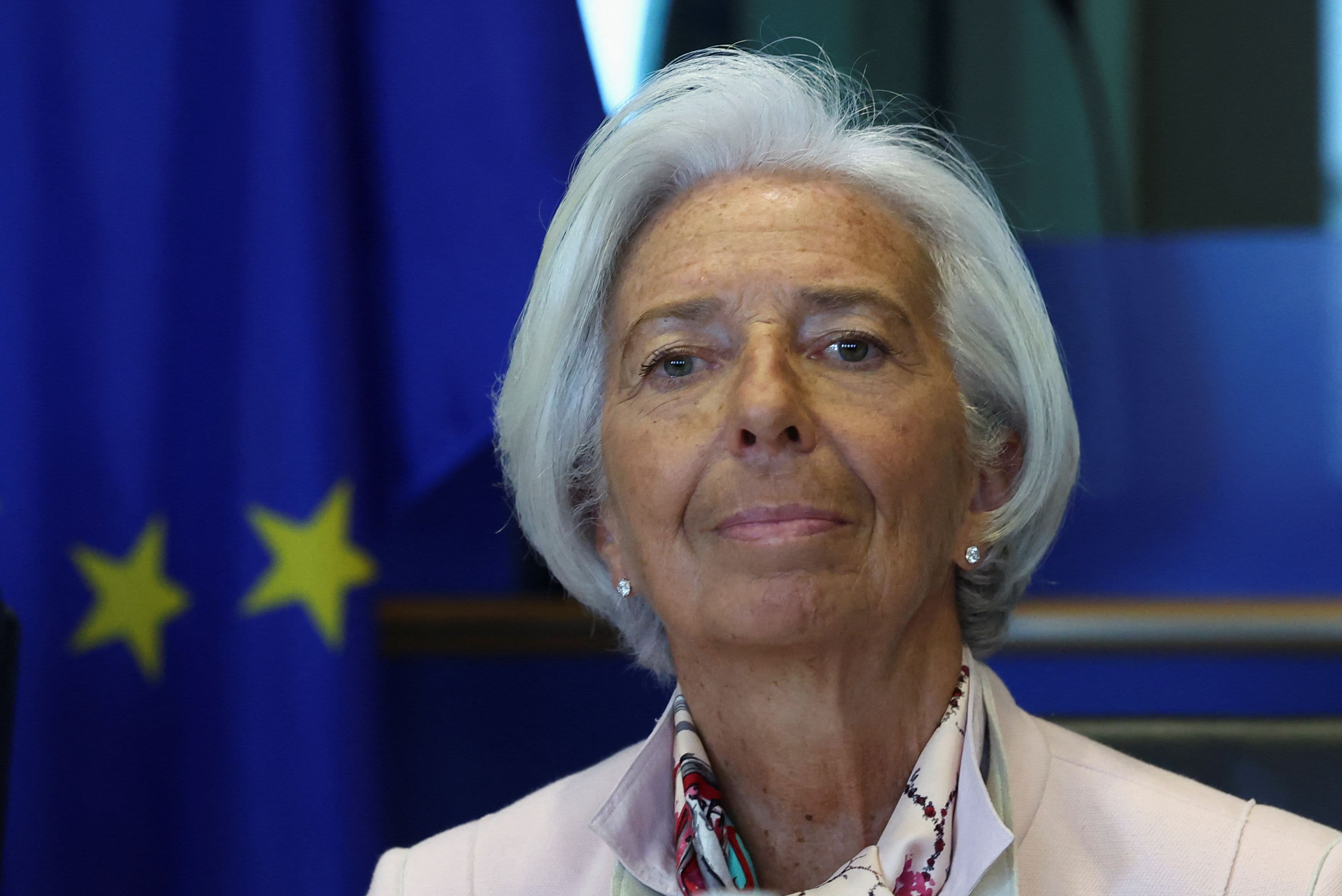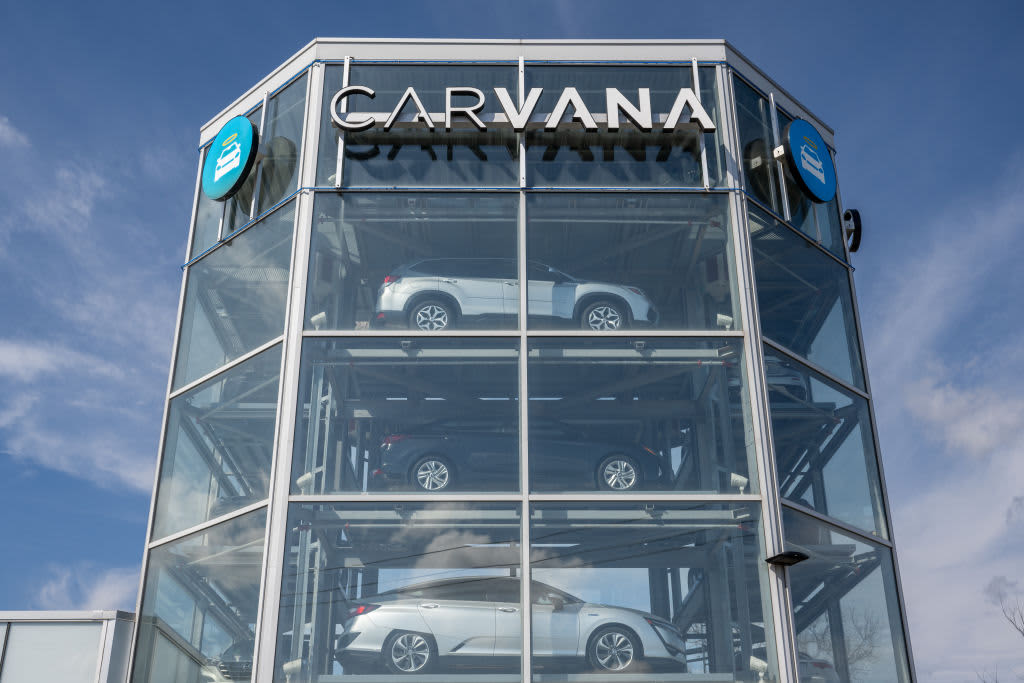- Focusing on Europe, European Central Bank President Christine Lagarde said that a continuous decline in the working age population looks set to start as early as 2025, alongside climate disasters which are increasing every year.
- Her answer to these shocks was that massive investment would be needed in a short space of time, requiring what she called “a generational effort.”
European Central Bank President Christine Lagarde looks on as she attends the European Parliament’s Committee on Economic and Monetary Affairs, at the European Parliament, in Brussels, Belgium September 25, 2023.
Yves Herman | Reuters
European Central Bank President Christine Lagarde on Friday said that Europe is now at a critical juncture, with deglobalization, demographics and decarbonization looming on the horizon.
“There are increasing signs that the global economy is fragmenting into competing blocs,” she said at the European Banking Congress, according to a transcript.
Focusing on Europe, she said that a continuous decline in the population of working age looks set to start as early as 2025, alongside climate disasters that are increasing every year.
Her answer to these shocks was that massive investment would be needed in a short space of time, requiring what she called a “generational effort.”
“As new trade barriers appear, we will need to reassess supply chains and invest in new ones that are safer, more efficient and closer to home,” Lagarde said at the keynote speech.
“As our societies age, we will need to deploy new technologies so that we can produce greater output with fewer workers. Digitalization will help. And as our climate warms, we will need to advance the green transition without any further delays.”
She said estimates show the bloc’s planned green transition will require an additional investment of 620 billion euros ($672 billion) every year until the end of the decade, with another 125 billion euros per year for a digital transition.
“Governments have the highest debt levels since the Second World War, and European recovery funding will end in 2026. Banks will have a central role to play, but we cannot expect them to take on so much risk on their balance sheets,” she added, highlighting the proposed capital markets union (CMU).
Talks are still ongoing over a possible CMU for Europe. The aim is to create a single market for capital, making it closer to what’s available in the U.S.
The EU says that the official target is to get “money – investments and savings – flowing across the EU so that it can benefit consumers, investors and companies, regardless of where they are located.”

Barbara Terrio is a seasoned business journalist, delving into the world of finance, startups, and entrepreneurship. With a knack for demystifying complex economic trends, she helps readers navigate the business landscape. Outside of her reporting, Barbara is an advocate for financial literacy and enjoys mentoring aspiring entrepreneurs.



/cloudfront-us-east-1.images.arcpublishing.com/pmn/K2YOUPH5BVHFZAK6J6UC3FHRQ4.jpg)



